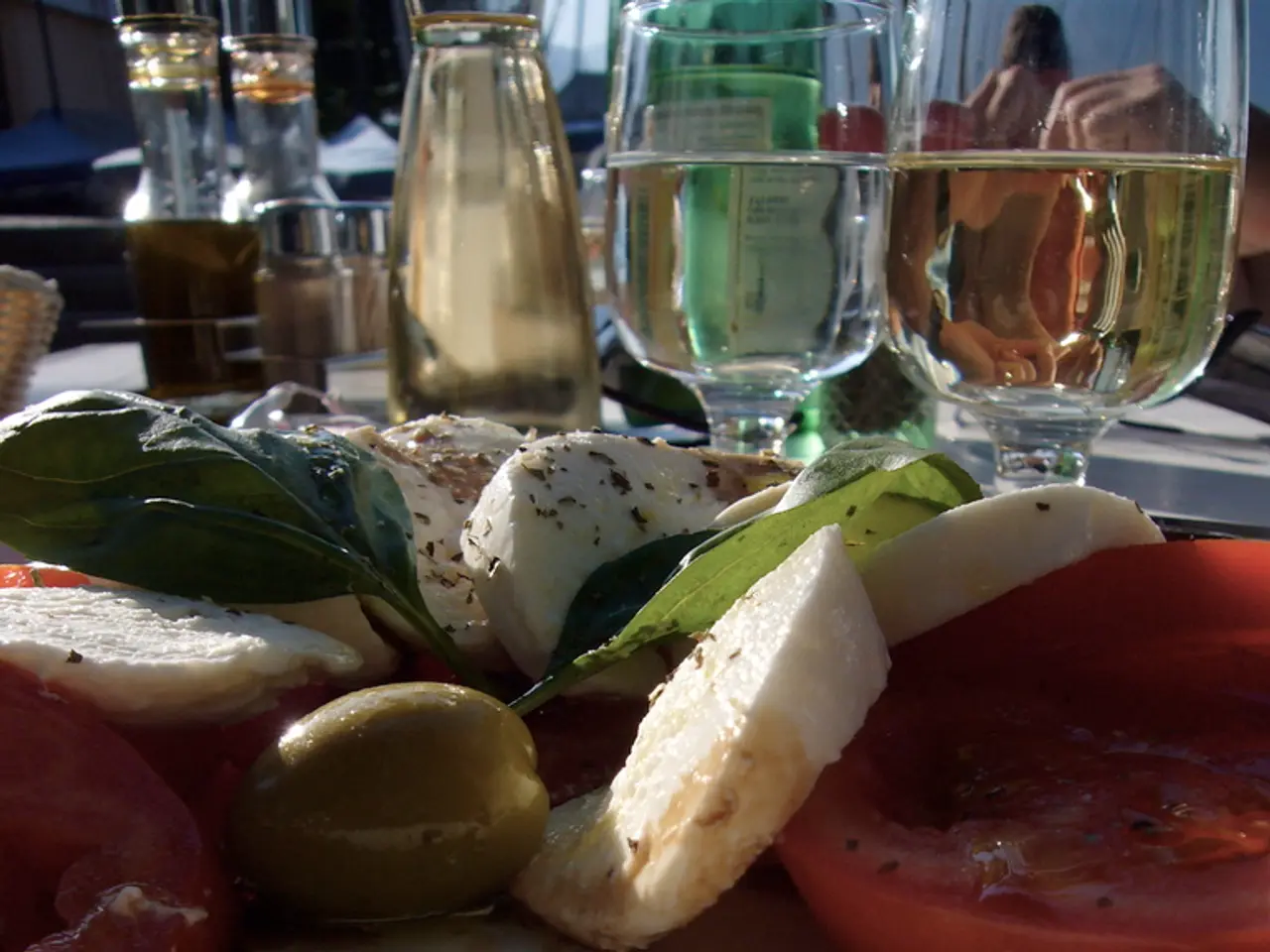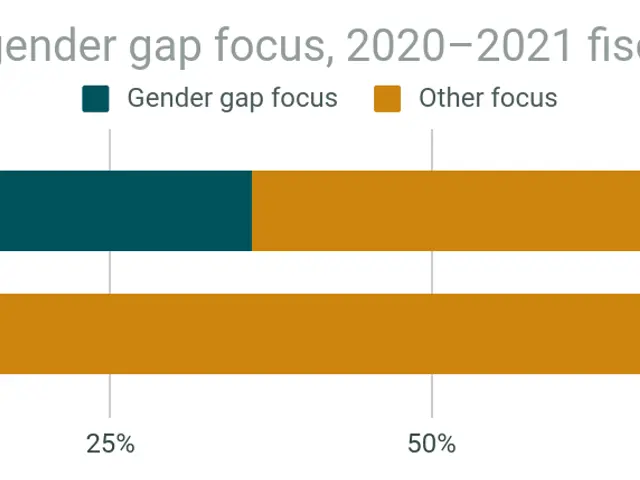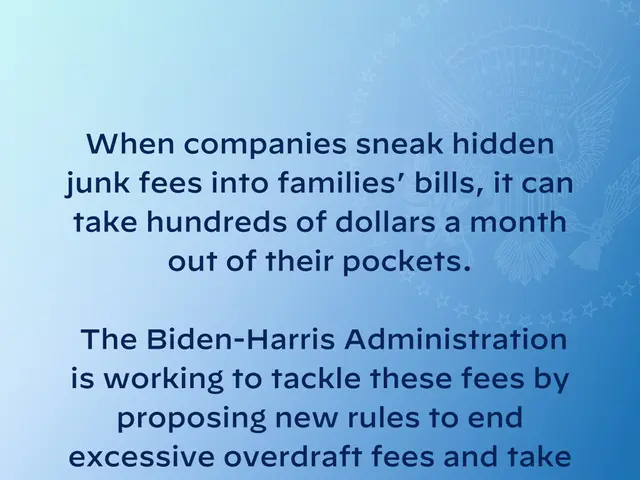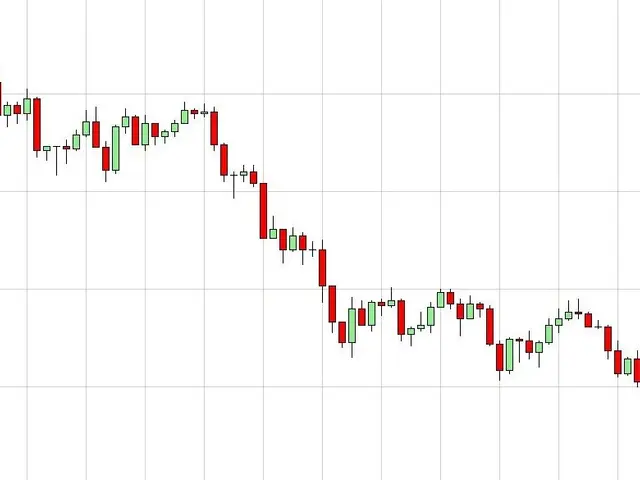Heavy financial hit of 2.3 billion dollars for the food and wine industry from the imposed tax
In a significant development, President Trump's announcement of 30% tariffs on EU goods, including Italian agro-food products, has raised concerns within the industry. The tariffs, according to industry leaders, pose a significant threat to the competitiveness of Italian agro-food products in the US market.
The Italian agro-food industry, the first manufacturing sector in Italy, earned 7.8 billion euros from exports to the United States last year. For Italian wine, which accounts for 1.9 billion euros of these exports, the 30% tariffs would effectively amount to an embargo, as defined by Lamberto Frescobaldi, the president of Uiv. If implemented, this could lead to a potential loss of over 2.3 billion euros for Italian agro-food products exported to the US.
The Italian agro-food industry has rejected President Trump's tariff request and is calling on European institutions for a firm response. Giacomo Ponti, president of Federvini, believes a 30% tariff is a serious and unjustified measure that not only penalizes European producers but also American economic operators in the supply chain.
In response, the European Union, led by President Ursula von der Leyen, has vowed to take all necessary measures to protect its economic interests and continue striving for a negotiated agreement to resolve the trade conflict. Italian leadership and EU officials have emphasized the urgent need for a pragmatic resolution, highlighting potential severe economic consequences for exporters and broader transatlantic economic relations.
Industry leaders like Lamberto Frescobaldi have called on both the Italian government and the EU to implement appropriate protective measures, while trade groups push for exemptions such as wine to be included in zero-for-zero tariff agreements currently under negotiation. Confagricoltura president Massimiliano Giansanti advocates for a united European approach in negotiations to find a solution that doesn't harm the economy or productive systems.
However, Federalimentare fears that a harsh response from the European Commission could lead to further American retaliation. The US is the second most important global market for Italian agro-food, behind Germany, and the third global market for Grana Padano. The director general of Grana Padano, Stefano Berni, views President Trump's decision as a declaration of economic war and considers the US as an enemy.
Ettore Prandini, president of Coldiretti, urges President Von der Leyen to push for a real solution, criticizing the EU for a lack of courage and strategic vision. For every dollar spent on high-quality European goods, like wine, up to 4.50 dollars are activated in the American economy, according to Federvini's president, Giacomo Ponti.
Italian agro-food industry leaders are optimistic about reaching 9 billion euros from exports to the United States this year. They hope for a swift resolution to the trade dispute, ensuring the continued growth and competitiveness of the sector in the global market.
- The finance industry is closely monitoring the trade conflict between the US and the EU, particularly its impact on the Italian agro-food business.
- The casino-and-gambling sector might find opportunities in the uncertainty created by this trade war, as some investors may seek alternative investment options.
- Politics and policy-and-legislation will play crucial roles in resolving this trade dispute, and the outcome could have far-reaching implications for general-news media.
- If the tariffs are implemented, crime-and-justice authorities might see an increase in illegal activities related to smuggling or evading these tariffs on Italian agro-food products.
- In the world of sports, particularly football, soccer, baseball, hockey, golf, racing, American football, horse-racing, tennis, and auto-racing, sponsorship deals with Italian agro-food brands could be affected.
- Mixed-martial-arts fighters who endorse Italian agro-food products may face challenges in the US market if the tariffs remain.
- Sports-betting platforms could see changes in betting lines for events involving Italian teams or athletes, given the potential economic impact on their home country.
- Poker players and casino-games enthusiasts in the US might find certain Italian agro-food products more expensive or unavailable, affecting their gaming experiences.
- The European Union's firm response to President Trump's tariff request could set a precedent for future policies and legislations in war-and-conflicts and casino-and-gambling industries.
- Throughout this trade conflict, Italian agro-food industry leaders will continue to advocate for positive news stories that highlight the benefits of their products to the global economy.
- Domestic business competition could intensify in the US, as American producers might capitalize on the unwanted burdens placed on Italian agro-food exports.
- The resolution of this trade dispute will impact the competitiveness of various sectors, including finance, politics, sports, crime-and-justice, sports-betting, and casino-games, reshaping their dynamics in the near future.






